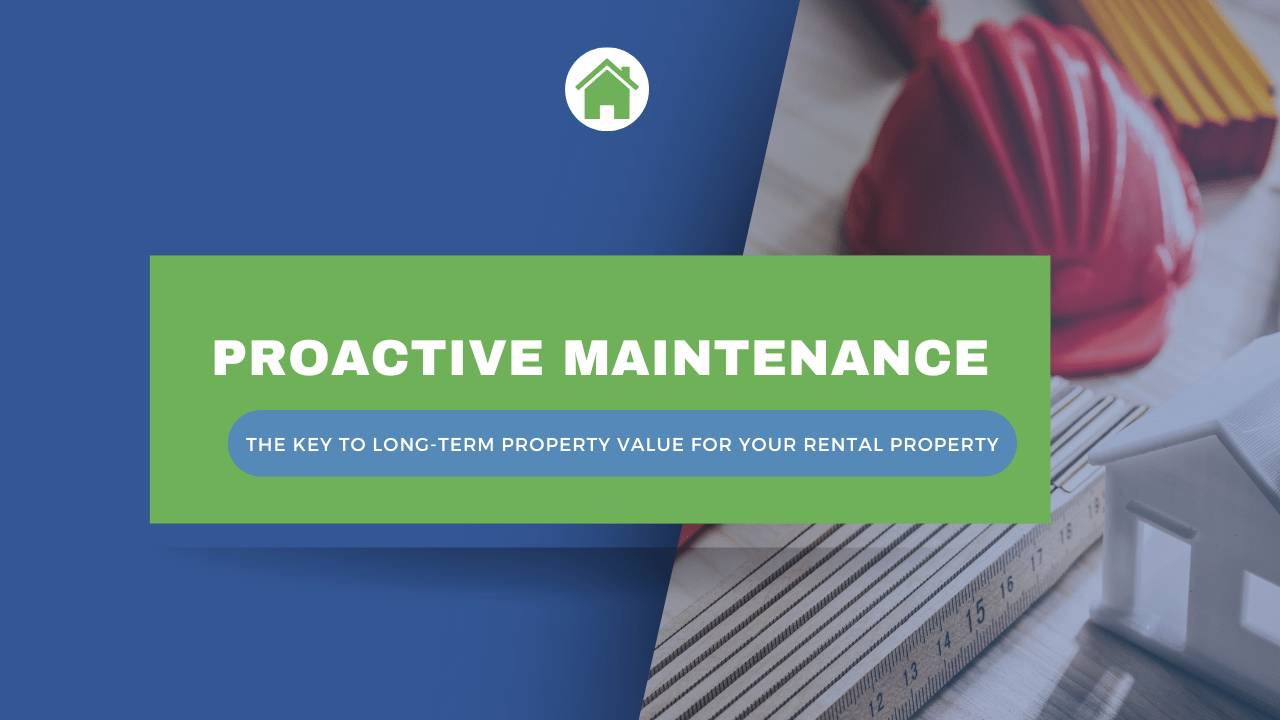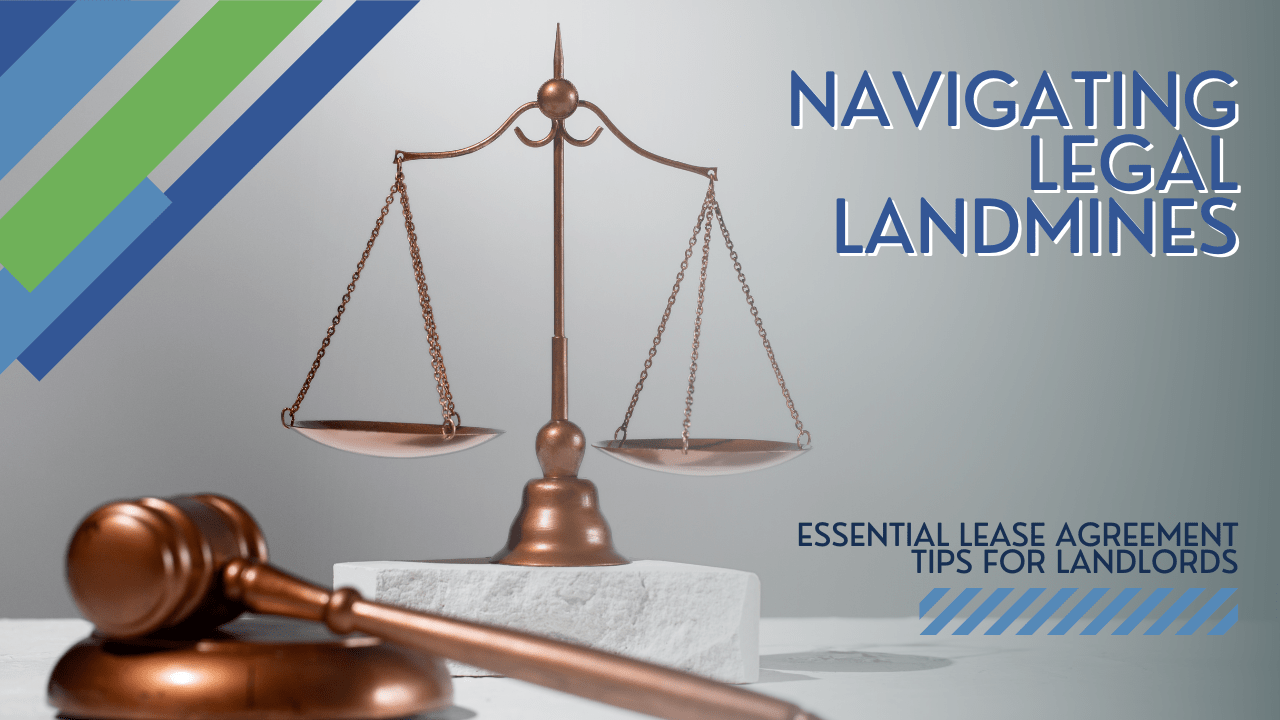By Nick Malesevich - Thursday, December 11, 2025
By Nick Malesevich - Thursday, October 9, 2025
Maximize Your Fox Valley Rental Income: Smart Strategies for Savvy Investors
By Nick Malesevich - Thursday, April 3, 2025
Investing in Fox Valley Real Estate: Key Considerations for New Property Owners
By Nick Malesevich - Thursday, February 6, 2025
Proactive Maintenance: The Key to Long-Term Property Value for Your Green Bay Rental Property
By Nick Malesevich - Thursday, December 5, 2024
Pet-Friendly Rentals in Sheboygan: Pros, Cons, and Best Practices
By Nick Malesevich - Thursday, October 3, 2024
Navigating Legal Landmines: Essential Lease Agreement Tips for Green Bay Landlords
By Nick Malesevich - Thursday, August 8, 2024
Boost Your Rental Income: Smart Renovations for Maximum ROI in Green Bay
By Nick Malesevich - Friday, April 1, 2022
What Is a 1031 Exchange? | Green Bay Property Investing Expertise
By Nick Malesevich - Friday, March 25, 2022
When Can I Expect to See ROI? | Green Bay Property Management
By Nick Malesevich - Friday, March 18, 2022
What Type of Investment Property in Green Bay Should I Buy? Rental Properties 101
Showing 1- 10 of 28








